Search
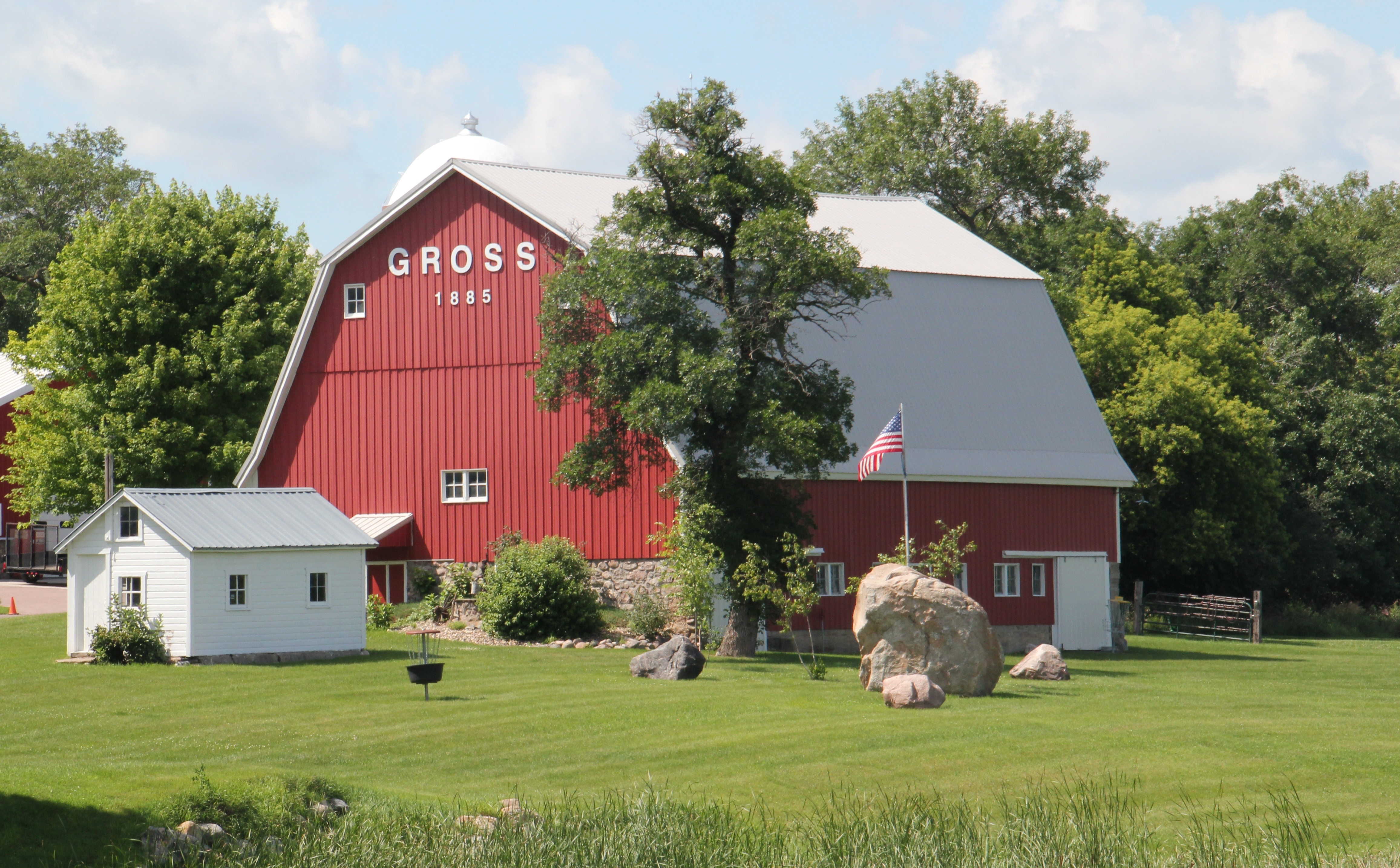
SDSU Extension 4-H Youth Development Camp Policies and Procedures
Throughout the manual, various policies indicate that they are in addition to the policies and procedures in place at the camping facilities. As a renter of camping facilities, SDSU Extension and South Dakota 4-H will follow all policies and procedures outlined at the facilities rented and employ any additional policies as needed.
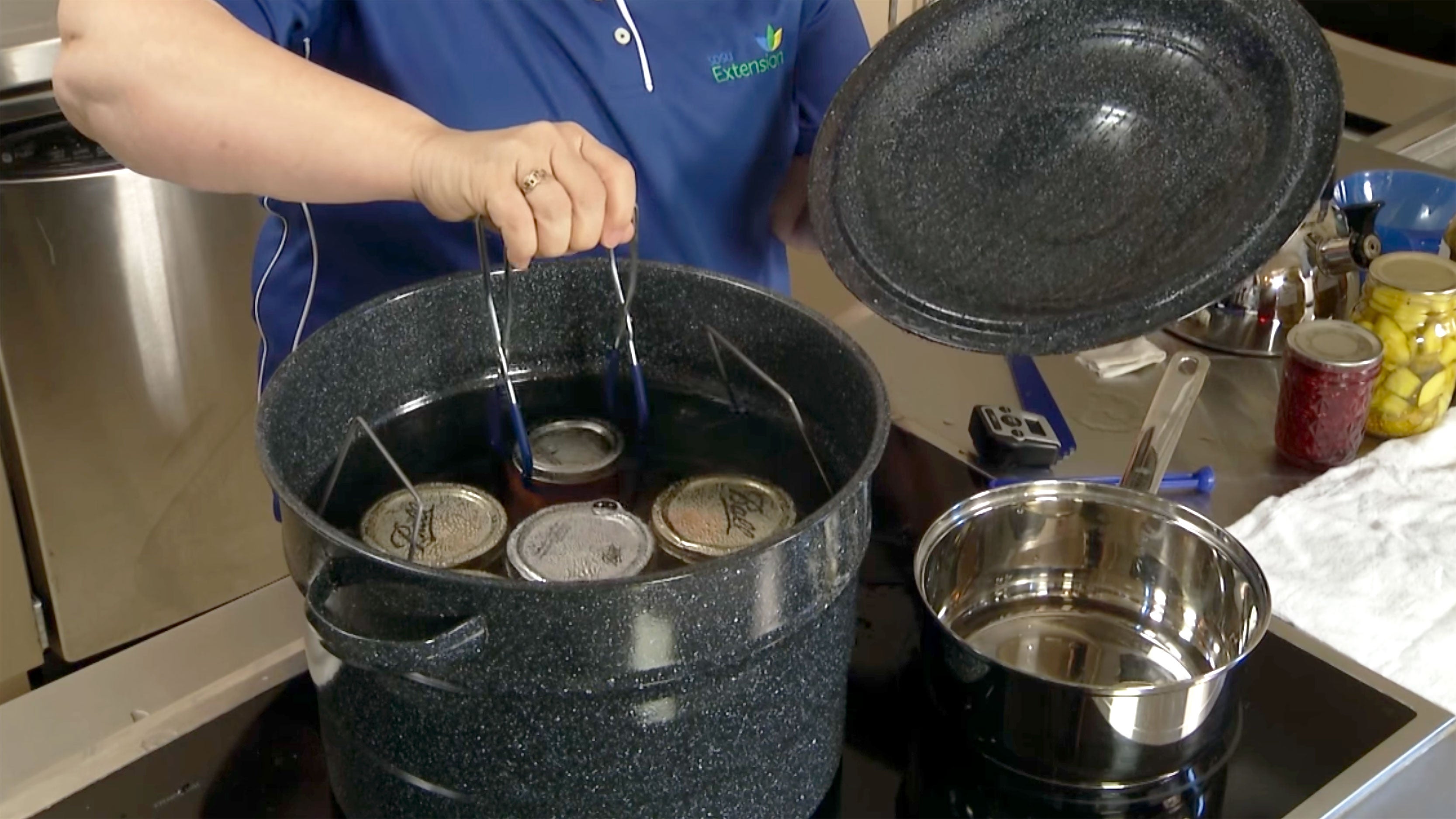
A Guide To Water Bath Canning
Water bath canners have fitted lids and removable wire racks. While they come in many sizes, the canner must be deep enough to allow a minimum of 1-2 inches of briskly boiling water that covers the top of jars during processing.
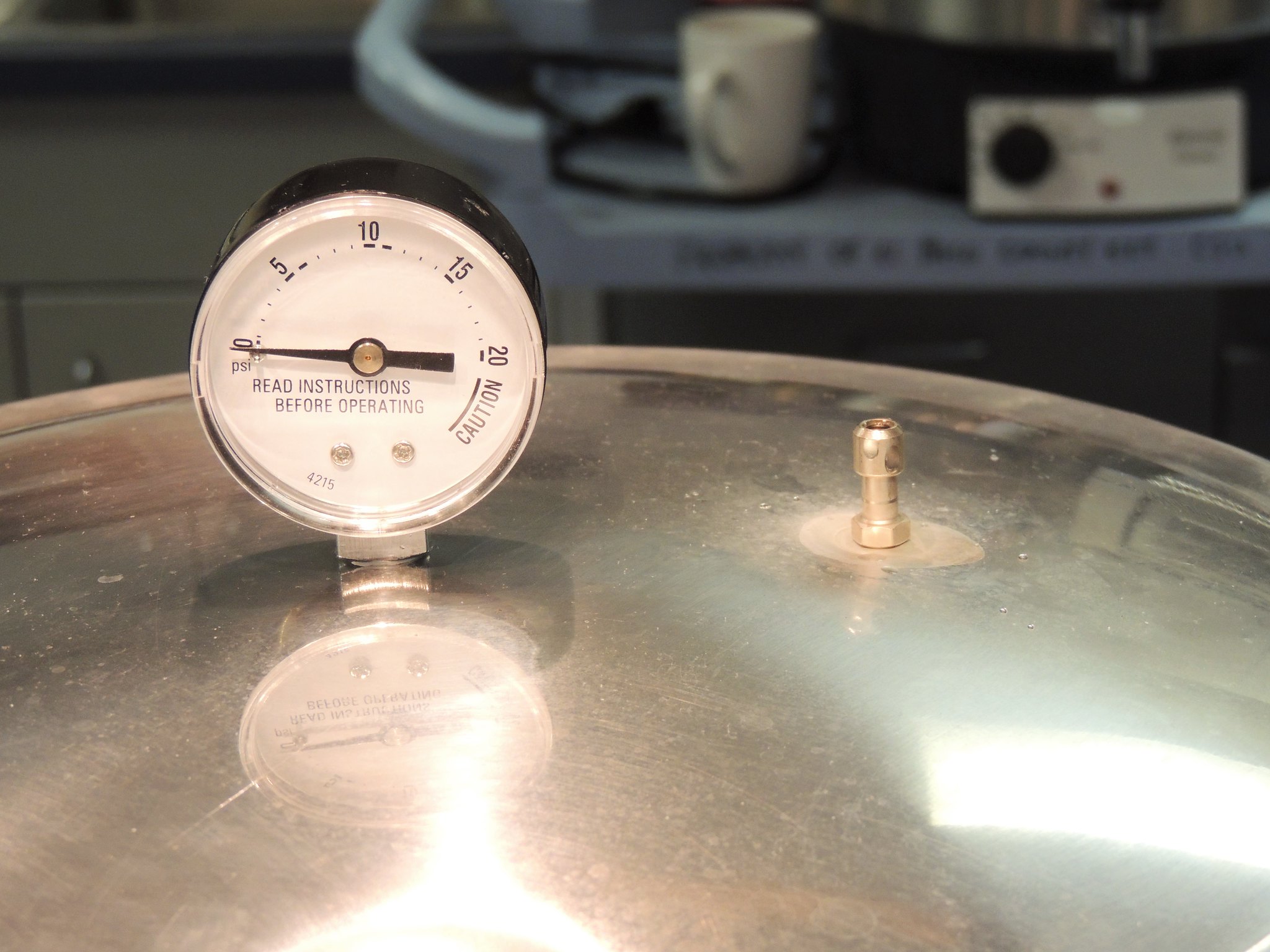
A Guide To Pressure Canning
Pressure canners may have a weighted-gauge or dial-gauge, for indicating and regulating the pressure during processing.
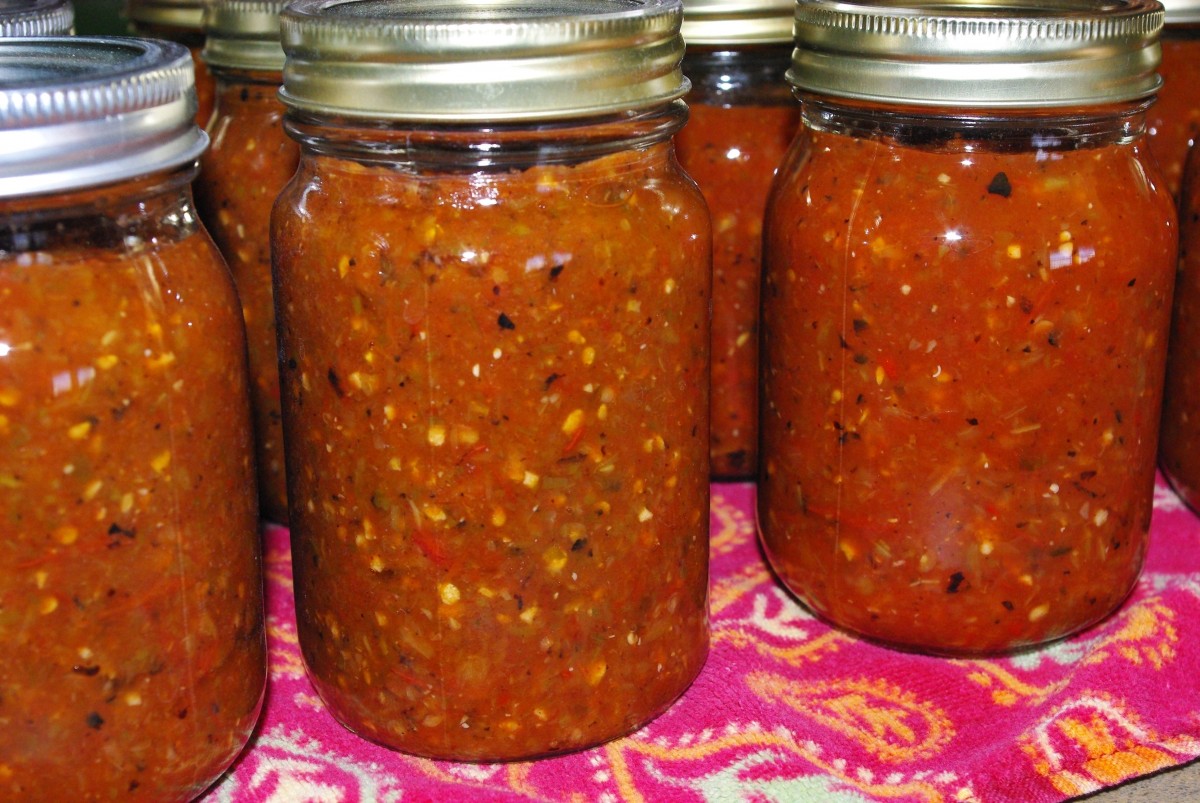
Canning Tomato-Vegetable Mixtures
Tomatoes are unique when it comes to home canning recipes. Some tomato and vegetable recipes recommend using a boiling water bath canner, some recipes recommend a pressure canner, and some recipes offer both options.
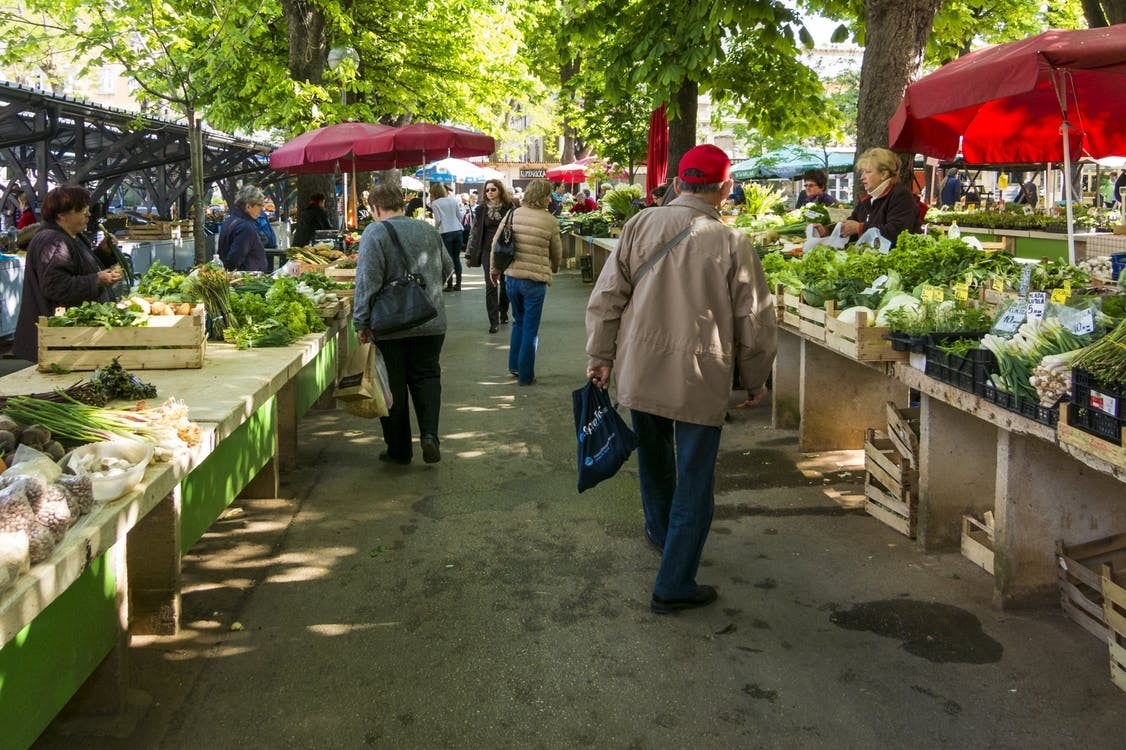
Requirements for Food Entrepreneurs Selling Food in South Dakota
Throughout the country and in the state of South Dakota, people are showing more interest in selling their own food products and starting their own business
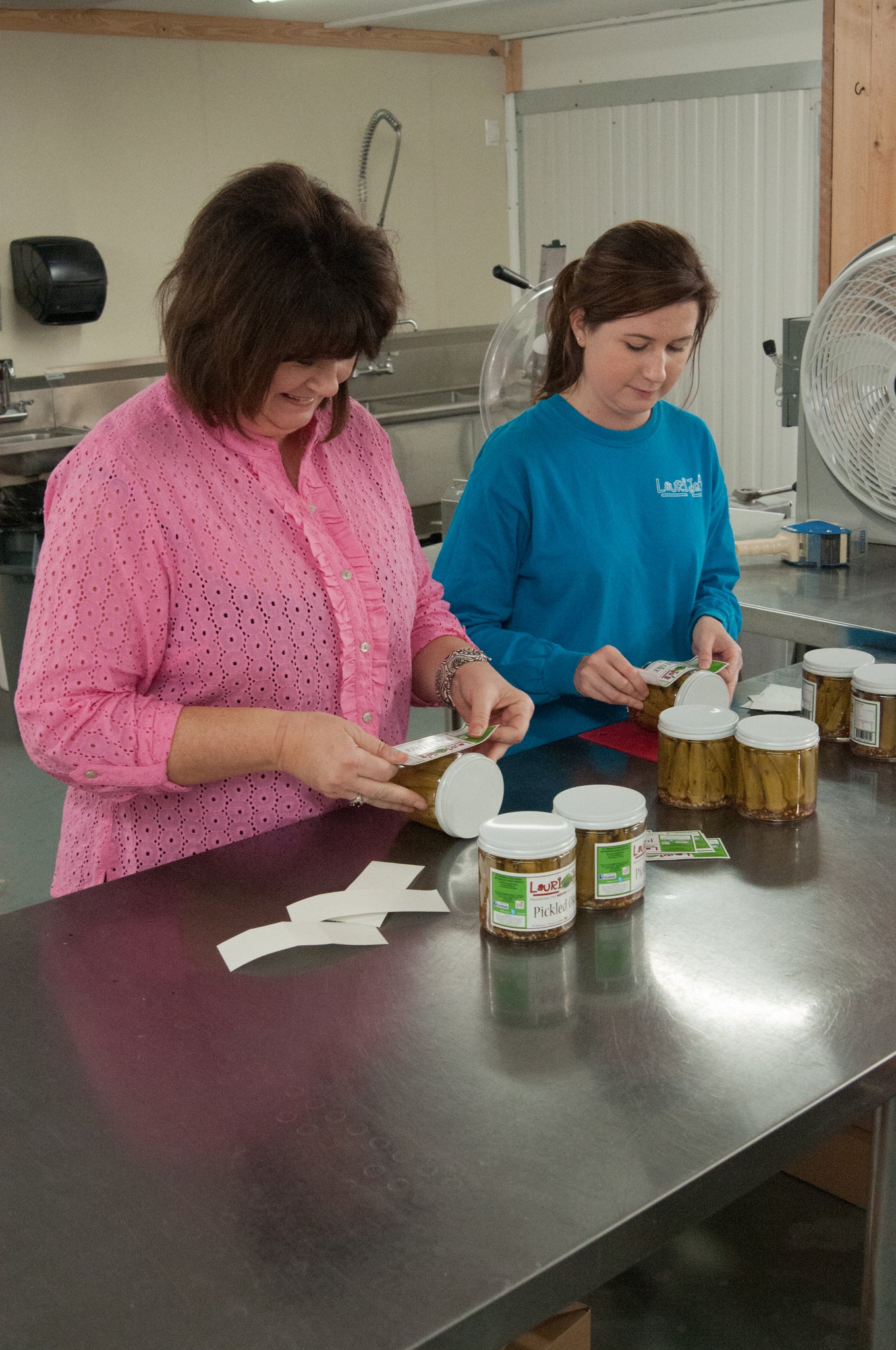
Labeling of Prepared and Processed Foods in South Dakota
Labeling requirements vary in accordance with the type of food that is being sold and in several instances how or where it was prepared or processed.
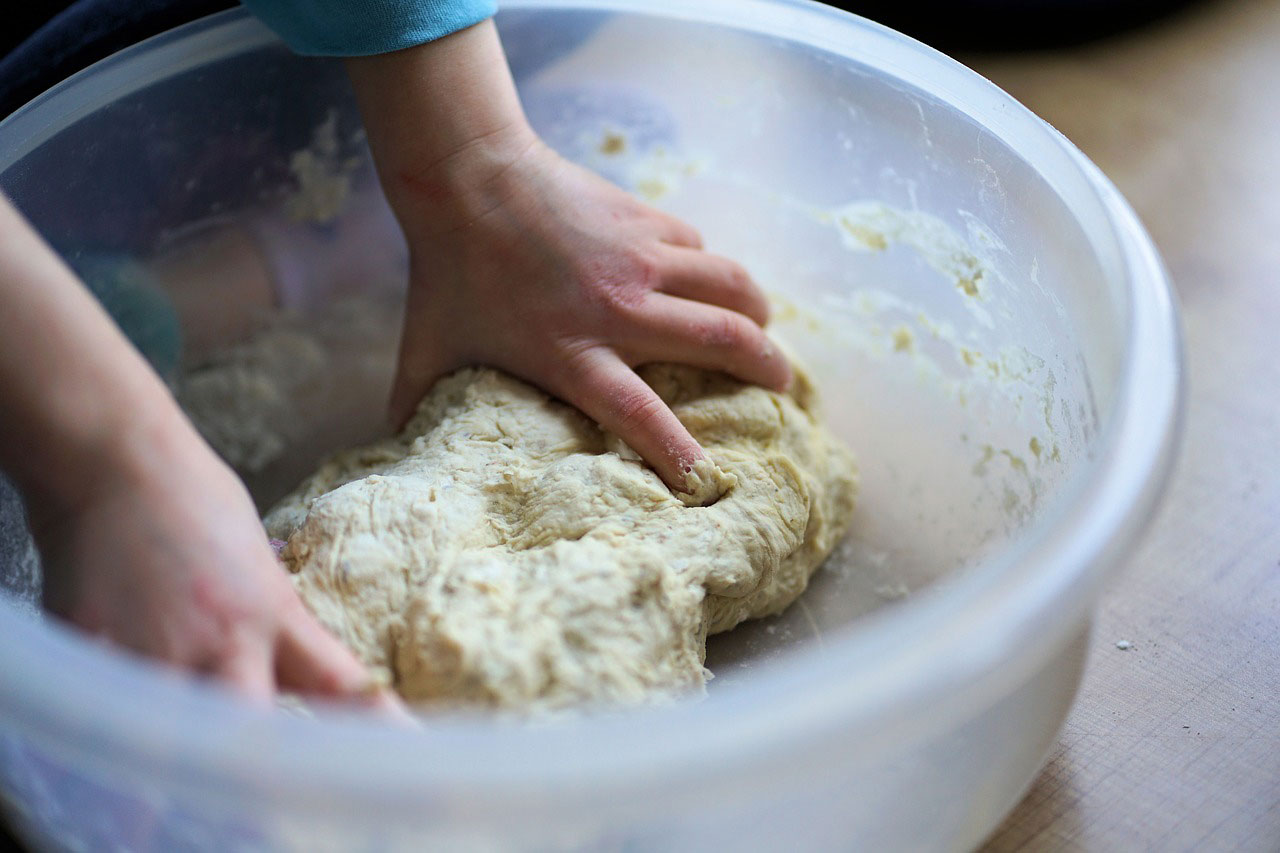
Hydrated Doughs and Batters: How to Safely Handle Food Safety Risks
Making dough and batter is one of the intermediary steps on your way to enjoying great foods, such as scones, cookies, cakes, donuts, pies and more. This article will help you understand the food safety risks associated with food types that have a hydrated batter.

Bike Safety
View information about the benefits of biking and how to ride safely.
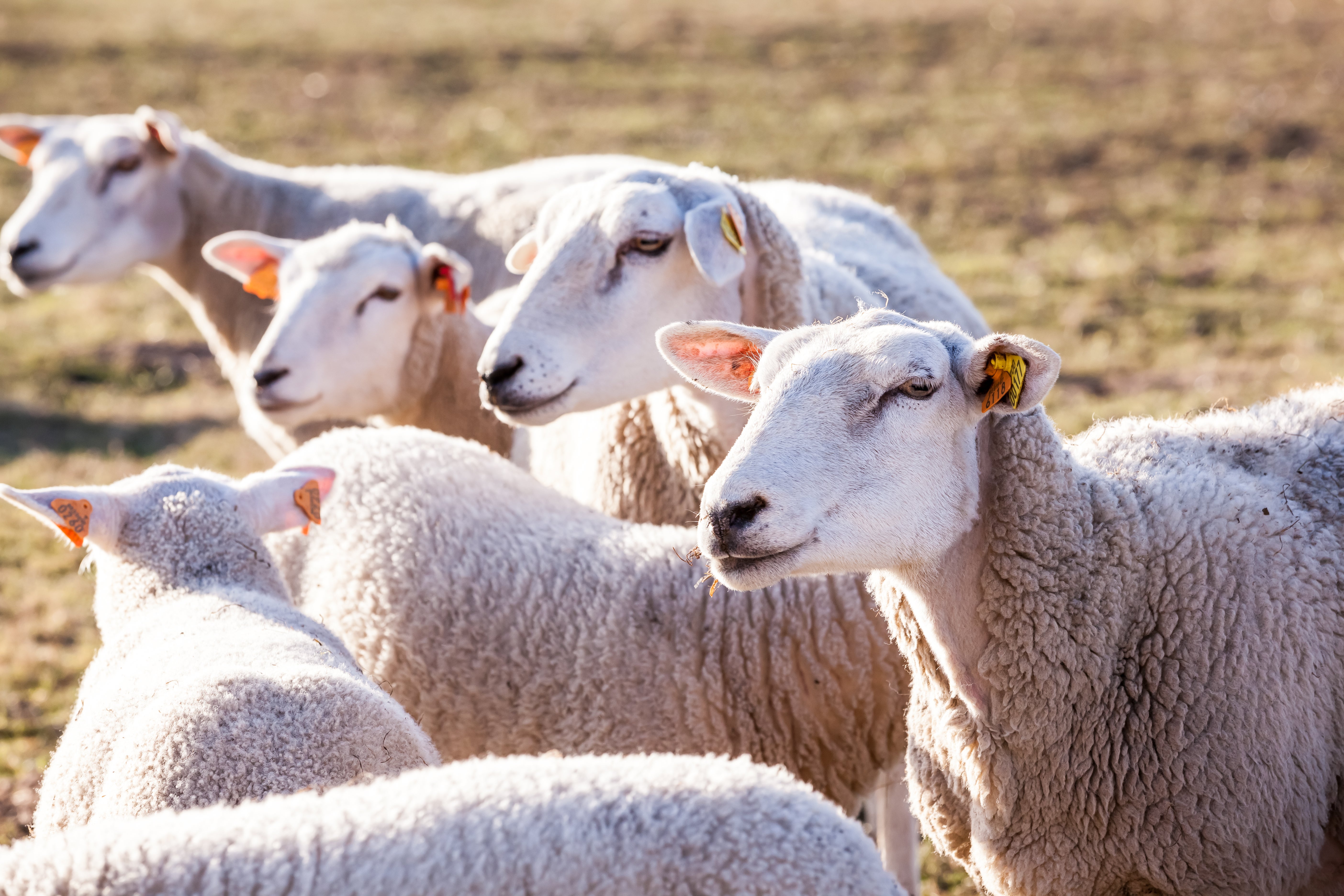
How to Trim Sheep and Goat Hooves
Guide on how to trim sheet and goat hooves

Youth for the Quality Care of Animals (YQCA) in South Dakota 4-H resources
About YQCA – the national program
Youth for the Quality Care of Animals (YQCA) is a national multi-species quality assurance program for youth ages 8 to 21 with a focus on three core pillars: food safety, animal well-being, and character development. The YQCA program is an annual certification created for youth producing and/or showing beef cattle, dairy cattle, sheep, meat goats, dairy goats, swine, poultry, and rabbits. The program has been designed by extension specialists and national livestock program managers to ensure it is accurate, current and relevant to the needs of the animal industry and shows, and is appropriate for youth learning levels.